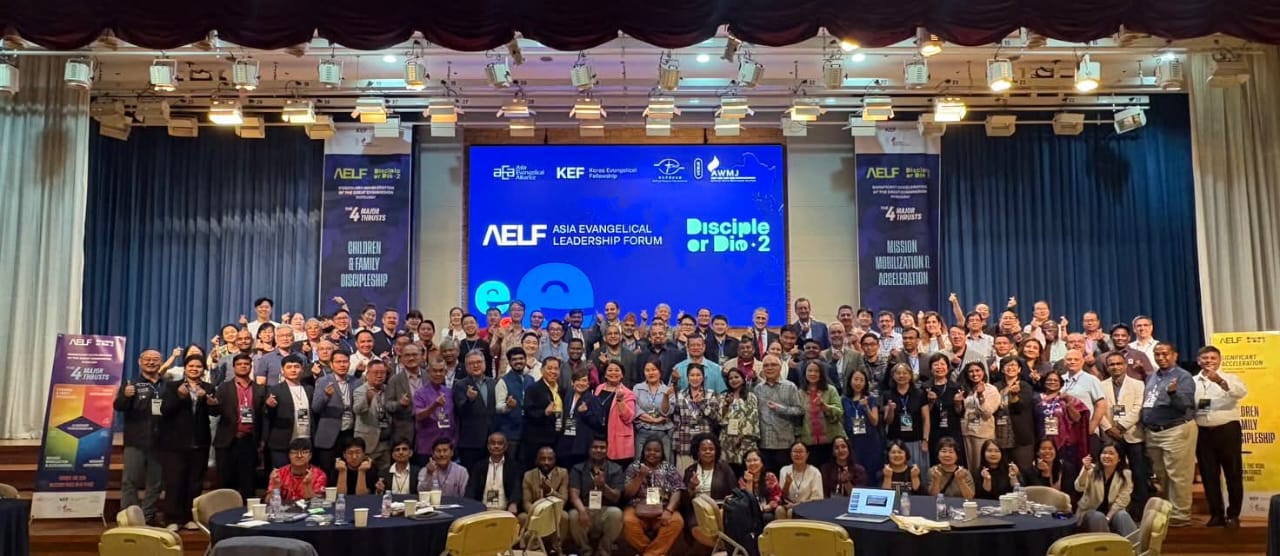—————————————-
RUSSIA: CHALLENGING TIMES FOR THE CHURCH
—————————————-
(By Anneta Vyssotskaia)
According to TASS newspaper, high-ranking officials of major
religious confessions (Moscow Patriarchate of the Russian Orthodox
Church [ROC MP], Council of Muftis of Russia, and Chief Rabbi of
Russia) thought freedom of belief in Russia improved significantly
in 2005. This doubtless reflected how much government support they
received. However, leaders of religious bodies outside the
privileged ‘traditional’ religions surveyed by the popular web-
portal, Portal-credo.ru, were much less enthusiastic about their
religious freedom and the real spiritual state of the nation.
One of their leaders thought the notion of freedom of conscience as
a basic human right had not even formed in the public mind of
modern Russia. However, religion is a big factor that every
political party would use in its own interests. So whilst Russia is
constitutionally a secular state, it now looks very like a clerical
state. The role of real faith though is most insignificant. Another
leader considered the spiritual influence of Russian Orthodoxy on
society has become weaker, and the ROC must realise it cannot stand
alone against the growing immorality in the country. The danger
Russian religious legislation posed for the religious freedom of
Protestant workers concerned another leader. He mentioned how three
of their churches were inexplicably denied their places of worship
even though their rental agreements had not expired. Such
discrimination all over Russia indicates there is an unofficial
order to stop Protestant churches renting buildings for their
activities. A fourth leader considered the impact of the Russian
Orthodox church is mainly political whilst its spiritual influence
on the nation is insignificant, with most of the people abiding in
semi-paganism. He feared the danger of local government officials
violating believers’ rights and setting the population against non-
Orthodox churches.
Politically and economically, the ROC MP continued to become more
like a state church during 2005, receiving official access to most
areas of Russian society, from orphanages to the army. Leading
state universities now have degree courses in Russian Orthodox
theology. An example of considerable government financial support
was a subsidy to construct a Russian Orthodox Cathedral in
Petropavlovsk-Kamchatskii. However, the internal problems of the
church are also becoming more evident as parishes whose members are
seeking true spiritual revival and influence are leaving the Moscow
Patriarchate to form separate Orthodox groups. There are now at
least nine large ‘alternative’ Russian Orthodox Churches and other
smaller groups, many with the word ‘true’ in their name.
Predictably, the ROC MP persecutes these groups as heretical.
The prevalence of these problems in the church have forced the ROC
MP leadership to speak openly about them. Patriarch Alexei II’s
recent annual report also revealed other problems: greediness of
some priests and neglect of their duties; church workers’ ignorance
of Christian doctrine; rudeness towards newcomers. He called on
priests to be a Godly example to their parishioners and to put more
effort into serving needy and suffering people. He even mentioned
‘sectarians’ (non-Orthodox believers) as worthy examples.
Knowing that speaking out is dangerous but is better than keeping
silence, Russian Protestant churches were significantly more
proactive in 2005. As well as staging protest pickets and meetings,
they wrote open letters to the government authorities (including
President Putin) about their violations of the rights of Protestant
Christians. Although these actions do not cause great changes and
do result in more threats, they affect people’s thinking and also
force the government to make some response. Unfortunately, some
Protestant churches do not support such action because they fear
greater oppression will result.
A positive outcome of such open protest can be reported in the case
of a Pentecostal church in Izhevsk where police most offensively
seized 70 believers and took 46 of them in for interrogation. After
Protestant leaders made this case widely known, it came to the
attention of members of the US Congress. As a result, Izhevsk
authorities received an official letter asking them to investigate
this violation of human rights and to properly punish the police.
Although the punishment was very minimal this was still a big
achievement as previously nobody would be punished.
The trend of the Protestant churches working in unity for
evangelism, social work and defence of their rights continues to
grow, regardless of differences in theology and traditions. This is
due to a large influx of new believers with a more contemporary
outlook, including well-educated people and highly qualified
professionals, joining the older Protestant churches. At the same
time the newer Protestant churches, which were often characterised
by a youthful extremism and intolerance of the older churches, have
gradually gained experience and wisdom, respect and patience.
Conclusion: The year 2005 has seen Russian government authorities
continue the policy of supporting the chosen ‘traditional’ group of
religious confessions while gradually marginalising the others.
This subtle religious discrimination can be expected to worsen.
Even supposing the government changes its outlook and includes in
the chosen circle some other ‘traditional’ groups like Baptists,
Lutherans and even Catholics, there will still be others like
Pentecostals, Charismatics, Methodists, Presbyterians, Old-
ritualists (Staroobryadtsy) and alternative Orthodox believers who
will be increasingly liable to discrimination and persecution.
In November it emerged the Ministry of Justice had drafted a law
that would undermine the ‘non-traditional’ religious groups.
However, following reaction to reports in the mass media, the
Ministry said it was only a working document.
PLEASE PRAY SPECIFICALLY FOR:
* growing spiritual revival in the Russian Orthodox Church Moscow
Patriarchate, that all its members including the leadership may
be filled with God’s love and power, focusing on the Truth
through the knowledge of God’s word.
* the ROC MP to reconcile with other Christians in Russia,
realising they are not ‘sectarians’ separated from the Church.
* for continuing growth in number, wisdom, love and unity amongst
all Protestant churches, for establishing good relationships with
local Russian Orthodox congregations, and for their growing
spiritual impact in the life of the nation.
* God’s protection from aggression by nationalistic and religious
extremists and officials violating religious freedom, and for
their discriminatory actions to be revealed and justly punished;
may legislation not limit or ban missionary, evangelistic and
social work.
‘May the Lord our God be with us as he was with our fathers; may he
never leave us nor forsake us. May he turn our hearts to him, to
walk in all his ways and to keep the commands, decrees and
regulations he gave our fath
ers.’ 1 Kings 8:57,58
——————-
We usually provide a summary to use in bulletins unable to run the
whole RLP. That was not practicable due to the scope of this RLP,
but it may instead be possible to use the prayer points.
——————-
Anneta Vyssotskaia is an RLP guest writer. The article was edited
for length. (Elizabeth Kendal, our regular researcher and writer,
is on leave.)
—————————————————-
Previous RLPs may be viewed at
If you downloaded this message from a website or it
was forwarded to you, you may receive future editions
by sending an empty e-mail to <[email protected]>
Please send this RLP to others, with attribution to
World Evangelical Alliance (WEA) Religious Liberty
Prayer List <
—————————————————-
The WEA Religious Liberty Commission sponsors this
RL Prayer List to help individuals and groups pray
specifically and regularly for religious liberty
issues, and in particular to uphold the Church
where it is suffering persecution.
RL Prayer is moderated by Ron Clough, a commissioner
of the WEA RLC and convenor of the Australian EA RLC.





Stay Connected